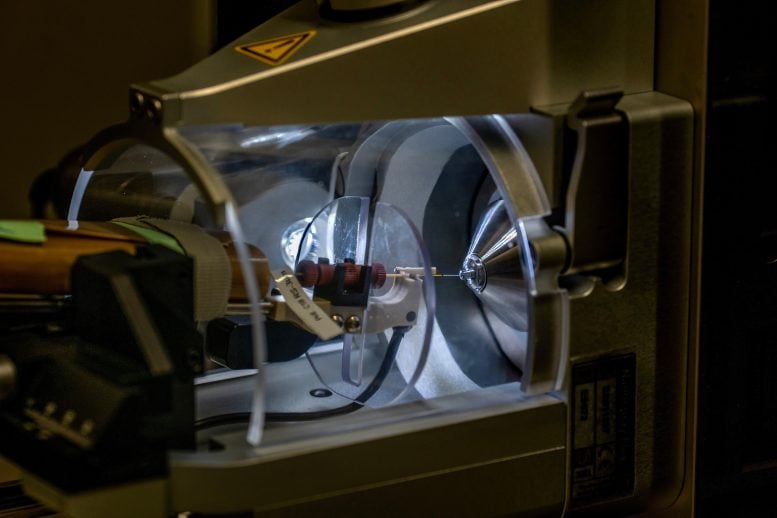
Researchers at the University of Gothenburg have created an AI model that enhances cancer detection capabilities through sugar analysis. This AI model outperforms the existing semi-manual techniques in speed and accuracy in identifying abnormalities.
Mass spectrometry can be used to measure glycans, which are sugar molecule structures in our cells. These structures can reveal the presence of various types of cancer within the cells.
However, the data from the mass spectrometer measurement must be carefully analyzed by humans to work out the structure from the glycan fragmentation. This process can take anywhere from hours to days for each sample and can only be carried out with high confidence by a small number of experts in the world, as it is essentially detective work learned over many years.
Automating the detective work
The process is thus a bottleneck in the use of glycan analyses, for example for cancer detection, when there are many samples to be analyzed. Researchers at the University of Gothenburg have developed an AI model to automate this detective work. The AI model, named Candycrunch, solves the task in just a few seconds per test. The results are reported in a scientific article in the journal Nature Methods.

The AI model was trained using a database of over 500,000 examples of different fragmentations and associated structures of sugar molecules.
“The training has enabled Candycrunch to calculate the exact sugar structure in a sample in 90 percent of cases,” says Daniel Bojar, Associate Senior Lecturer in Bioinformatics at the University of Gothenburg.
Can find new biomarkers
This means that the AI model could soon reach the same levels of accuracy as the sequencing of other biological sequences, such as DNA, RNA, or proteins. Because the AI model is so fast and accurate in its answers, it can accelerate the discovery of glycan-based biomarkers for both diagnosis and prognosis of the cancer.
“We believe that glycan analyses will become a bigger part of biological and clinical research now that we have automated the biggest bottleneck,” says Daniel Bojar.
The AI model Candycrunch is also able to identify structures that are often missed by human analyses due to their low concentrations. The model can therefore help researchers to find new glycan-based biomarkers.
Reference: “Predicting glycan structure from tandem mass spectrometry via deep learning” by James Urban, Chunsheng Jin, Kristina A. Thomsson, Niclas G. Karlsson, Callum M. Ives, Elisa Fadda and Daniel Bojar, 31 June 2024, Nature Methods.
DOI: 10.1038/s41592-024-02314-6